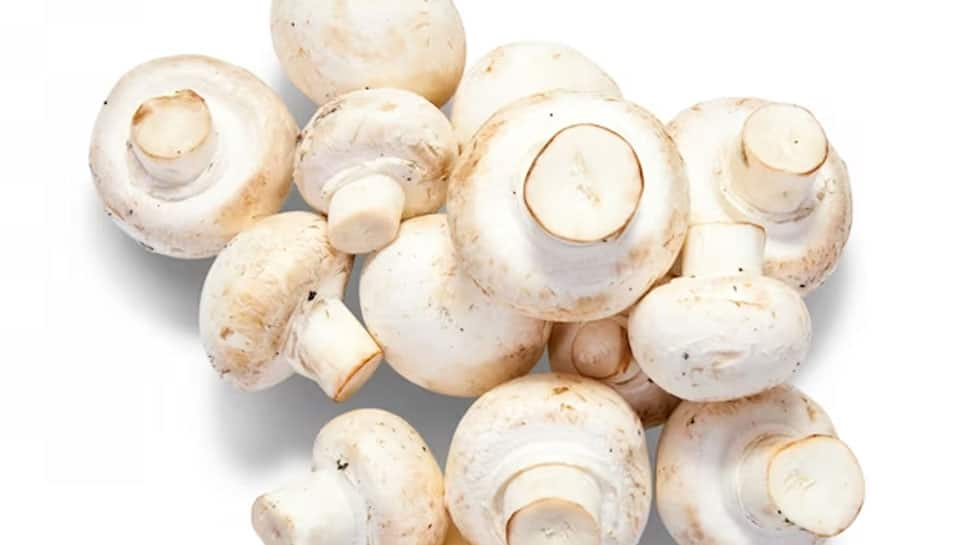8 Nutritious Foods That Are High In Vitamin D
)
Fortified dairy products like milk, cheese, and yogurt are excellent sources of vitamin D. These foods help in maintaining bone health and boosting immunity. Adding fortified dairy to your diet is a simple way to ensure you're getting enough vitamin D, especially for vegetarians.

Soy milk, almond milk, and other plant-based alternatives are often fortified with vitamin D. These dairy-free options provide a valuable source of the vitamin for vegans and those with lactose intolerance, ensuring a balanced diet without compromising on essential nutrients.

Certain mushrooms, such as maitake, shiitake, and button mushrooms, can be a good source of vitamin D, especially when exposed to sunlight. These mushrooms can be added to various Indian dishes, like mushroom curry or biryani, making them a versatile addition to your diet.

Fortified curd is a nutritious food rich in vitamin D, probiotics, and calcium. Incorporating curd into your meals, like in raita or smoothies, can help improve digestion while boosting your vitamin D levels, contributing to overall health and wellness.

Fortified cereals are a quick and easy breakfast option that can help increase your vitamin D intake. Pair these cereals with fortified milk or yogurt to create a balanced meal that supports bone health and meets your daily vitamin needs.

Tofu is not only a good source of protein but is also often fortified with vitamin D. It’s a versatile ingredient in vegetarian cooking, easily incorporated into dishes like tofu stir-fries or salads, making it an excellent choice for boosting vitamin D levels naturally.

Oatmeal and certain breakfast cereals are fortified with vitamin D, offering a quick and easy way to increase intake. Pair these cereals with fortified milk or curd for a nutrient-rich start to your day.

A fatty fish, salmon is an excellent source of vitamin D. A serving of wild-caught salmon provides more than the daily recommended intake, supporting bone health and immune function.

(This photo gallery is meant for informational purposes only and must not be considered a substitute for advice provided by qualified medical professionals.)

